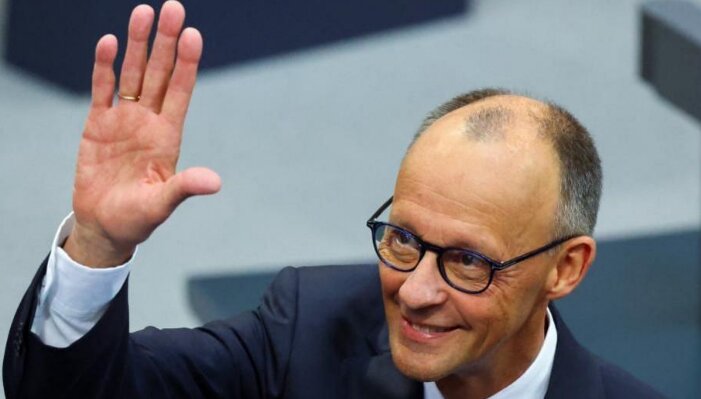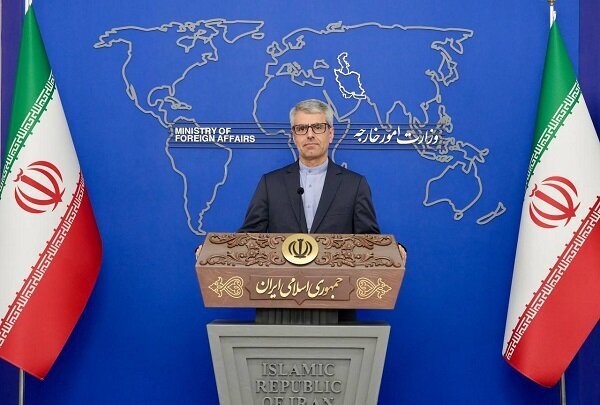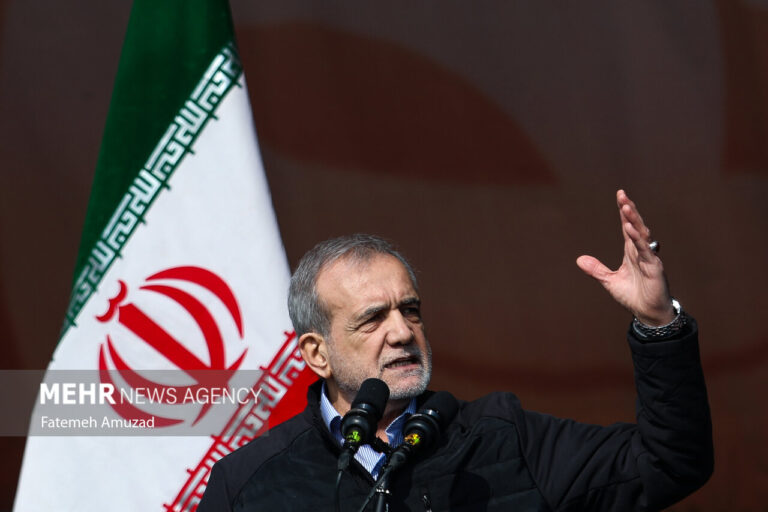Merz Secures German Chancellor Position in Historic Second Bundestag Vote
Friedrich Merz has emerged victorious as the new German chancellor following a dramatic vote in the Bundestag. This pivotal moment in German politics comes after an unexpected initial setback that created significant political turmoil in Berlin. According to Politico, the conservative leader’s journey to the chancellorship was fraught with challenges, but he ultimately secured the necessary votes in a second round of voting.
In a historic twist, Merz’s first attempt at securing the chancellorship ended in failure, marking him as the first candidate in postwar Germany to not receive backing in a first vote. This unprecedented situation sent shockwaves through the political landscape, prompting discussions about the future direction of Germany under new leadership.
After the successful vote, Merz appeared visibly relieved, having garnered a total of 325 votes in the decisive second round, surpassing the required 316 votes to claim victory. His success is attributed in part to the coalition formed with the Social Democrats, a strategic alliance that has the potential to reshape German governance.
Here are some key highlights from Friedrich Merz’s path to becoming the chancellor:
- First Vote Failure: Merz’s initial failure to secure the chancellorship marked a historic moment in German politics.
- Coalition Formation: His conservatives have formed a coalition with the Social Democrats, a significant move to stabilize his leadership.
- Voter Support: The support of 325 votes in the second round reflects a shift in political dynamics within the Bundestag.
- Political Turmoil: The initial failure led to discussions about the direction of Germany and the potential for future political shifts.
The coalition with the Social Democrats is pivotal, as it signifies a unifying approach to governance in Germany. This partnership aims to bring together differing political ideologies to foster stability and progress in the nation. With the formation of this coalition, Merz’s administration is expected to tackle pressing issues such as economic challenges, social reforms, and the ongoing impact of global events on Germany.
In recent years, Germany has faced numerous challenges, including economic fluctuations and the need for comprehensive reforms. Merz’s leadership promises a blend of conservative values and progressive policies aimed at addressing these issues effectively. His ability to unite different factions within the Bundestag will be crucial in navigating the complexities of governance.
Furthermore, the political landscape in Germany is evolving, with parties reevaluating their strategies to appeal to a diverse electorate. The coalition’s focus on collaboration may serve as a model for future political alliances, emphasizing the importance of dialogue and compromise in governance.
Looking ahead, Merz’s administration will likely prioritize several key areas:
- Economic Recovery: Implementing strategies to stimulate the economy post-pandemic.
- Social Policies: Addressing social inequalities and enhancing welfare programs.
- Environmental Initiatives: Promoting sustainable practices and addressing climate change.
- International Relations: Strengthening Germany’s position within the European Union and globally.
The success of Merz’s government will depend on its ability to effectively navigate these challenges while maintaining the support of both the conservative base and the Social Democrats. Public trust and confidence in leadership will be critical as the new chancellor embarks on this ambitious journey.
As the political landscape continues to shift, observers will be keenly watching how Merz’s administration addresses the needs of the German populace. The outcome of this leadership will not only define the future of Germany but also influence broader European and global dynamics.
In conclusion, Friedrich Merz’s ascension to the chancellorship represents a significant moment in German political history. His ability to overcome an initial setback and secure the necessary votes demonstrates resilience and determination. As he leads a coalition government, the focus will be on effective governance and the pursuit of policies that resonate with the electorate.
Stay tuned for further updates on Merz’s policies and the impact of his leadership on Germany and beyond.






